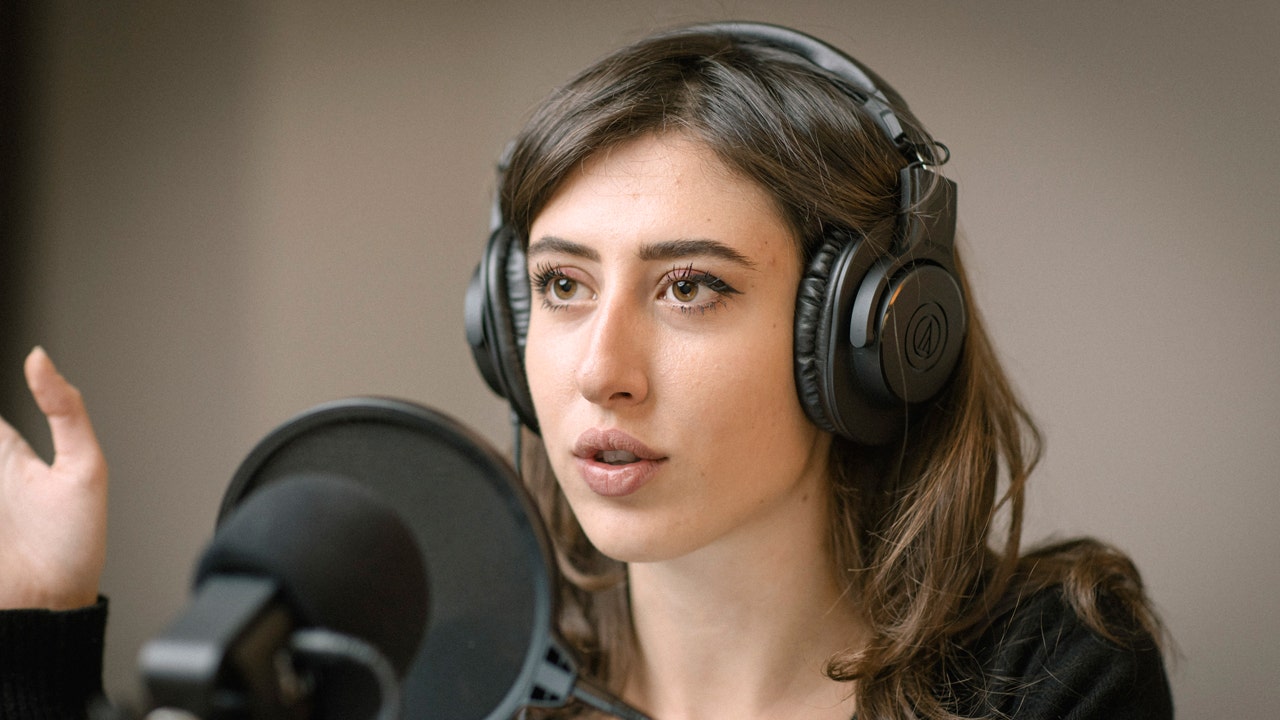Unraveling the Release: Cecilia Sala’s Journey from Detention in Iran
Italian journalist Cecilia Sala’s recent liberation from detention in Iran has not only ignited a wave of international intrigue but has also reignited critical discussions surrounding press freedom in politically volatile regions. Sala’s experiences reflect the precarious environment that journalists often navigate while reporting in areas rife with tension, where the line between information and misinformation can be perilously thin. Her story sheds light on the broader implications for human rights and the significance of safeguarding journalistic integrity.
The Circumstances of Detention
Cecilia Sala, known for her insightful reporting and commitment to uncovering the truth, was detained while working on a story that challenged the prevailing narratives within Iran. Her arrest quickly drew attention from various media organizations and human rights groups, highlighting the risks faced by journalists operating in countries where freedom of expression is often curtailed.
Reports indicated that Sala was accused of vague charges often wielded against journalists, such as “spreading false information” and “endangering national security.” Such accusations raise alarming questions about the standards of justice in Iran and the treatment of foreign journalists. The Iranian government’s apprehension towards foreign media, especially those that shine a light on internal issues, is well-documented and reflects a broader trend observed in many authoritarian regimes.
The Global Outcry
The news of Sala’s detention prompted a swift reaction from international bodies, journalists’ unions, and human rights advocates. Many called for her immediate release, emphasizing the importance of press freedom as a fundamental human right. The Committee to Protect Journalists and Reporters Without Borders were among the organizations that voiced their concerns, stressing that the arrest of journalists stifles not only individual voices but also the broader discourse necessary for a functioning democracy.
This global outcry underscored the notion that the fight for press freedom is not merely an isolated issue but rather a reflection of the health of a nation’s democratic principles. The case of Cecilia Sala illustrates how the suppression of journalism can have far-reaching effects on society, impacting citizens’ access to information and their ability to engage in informed discussions about their governance.
Cecilia Sala’s Release and Aftermath
After a period marked by uncertainty and concern for her well-being, Cecilia Sala was finally released from detention. The circumstances surrounding her release remain somewhat unclear, leaving room for speculation about whether diplomatic negotiations played a role or if her case garnered enough international pressure to compel authorities to act.
Upon her release, Sala expressed gratitude for the support she received from her colleagues and advocates around the world. Her return to Italy was met with relief and celebration, yet it also served as a stark reminder of the ongoing struggles faced by journalists in Iran and similar regions. Despite her release, the fears and psychological toll of her detention lingered, a testament to the profound impact such experiences can have on individuals.
Press Freedom in Iran: A Broader Context
To fully understand Sala’s journey, it is essential to consider the broader context of press freedom in Iran. The country has long been criticized for its oppressive stance towards journalism. According to the World Press Freedom Index, Iran consistently ranks among the lowest countries regarding press freedom. Journalists face numerous challenges, including censorship, harassment, and imprisonment, particularly when reporting on sensitive topics such as government corruption, human rights abuses, or the political climate.
The Iranian government’s tight grip on media outlets serves as a mechanism to control the narrative and suppress dissent. Independent journalists often find themselves in a perilous position, where the pursuit of truth can lead to severe consequences. In this environment, the courage displayed by journalists like Cecilia Sala becomes all the more significant, as they strive to bring visibility to the realities faced by ordinary citizens.
The Role of International Advocacy
The international community plays a crucial role in advocating for journalists’ rights and press freedom globally. The case of Cecilia Sala illustrates how collective action can lead to greater awareness and potential change. Advocacy groups, media organizations, and individual activists continue to push for reforms that protect journalists and promote the free flow of information.
In recent years, campaigns aimed at securing the release of detained journalists have gained momentum. Social media platforms have become vital tools for raising awareness, allowing advocates to mobilize support and pressure governments to uphold their commitments to human rights. The #FreeCeciliaSala hashtag, for instance, served as a rallying cry for those demanding her release and highlighted the interconnectedness of global efforts to secure press freedom.
Looking Forward: The Future of Journalism in Challenging Environments
Cecilia Sala’s release is undoubtedly a moment of triumph, yet it also serves as a reminder of the ongoing challenges faced by journalists in Iran and similar contexts. As we look to the future, a few key considerations emerge:
- Resilience of Journalists: The spirit of journalists like Sala exemplifies the resilience required to confront adversity. Their determination to pursue truth remains vital for fostering informed societies.
- Continued Advocacy: The fight for press freedom is ongoing. Increased international pressure is essential for holding governments accountable and ensuring that journalists can operate without fear of retribution.
- Global Solidarity: The solidarity among journalists and media organizations worldwide can amplify voices that challenge oppressive regimes, creating a collective front that advocates for justice and freedom.
Conclusion
Cecilia Sala’s journey from detention in Iran has not only highlighted the challenges journalists face in politically sensitive environments but also underscored the importance of press freedom as a cornerstone of democracy. Her release stands as a beacon of hope for many journalists who continue to risk their lives to uncover the truth. As the global community rallies for the protection of journalists, it is imperative to remember that each story told contributes to a larger narrative of accountability and justice. The journey toward a world where journalists can operate freely and safely remains a collective responsibility that requires unwavering commitment and action.
See more Update My News



